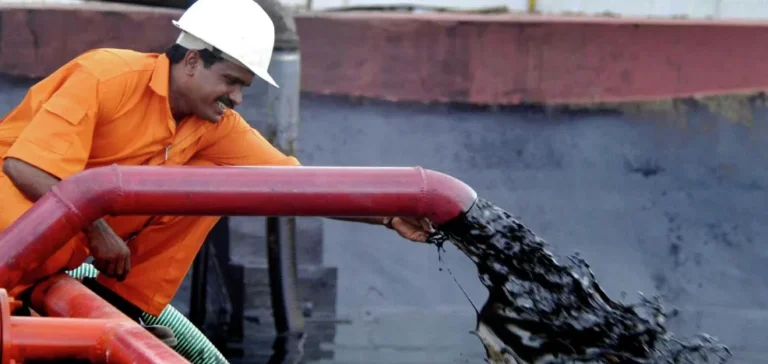India is shifting a growing share of its oil imports to Angola, as Western sanctions on Russia reduce the operational space for Indian refiners. The state visit of President Droupadi Murmu to Luanda formalised this energy realignment, establishing Angola as a key non-OPEC supplier. This move aligns with India’s risk management strategy as compliance mechanisms around Russian flows become increasingly difficult to sustain.
Redefining supply flows amid regulatory pressure
The tightening of Western sanctions, particularly from the United States, has compressed discounts on Russian crude, diminishing its appeal for Indian buyers. In response, Indian Oil Corporation (IOC), Bharat Petroleum Corporation Ltd. (BPCL), Reliance Industries, and Nayara Energy have increased purchases from the Atlantic basin, favouring unsanctioned Angolan cargoes. This strategy mitigates growing pressures related to traceability and banking compliance, especially for U.S. dollar-denominated transactions.
Sonangol as a reliable supplier free from extraterritorial regimes
Unlike Russian, Venezuelan or Iranian flows, Sonangol’s cargoes are not subject to sectoral sanctions by the Office of Foreign Assets Control (OFAC) or the European Union. This status allows Indian importers to operate without the risk of logistical disruptions or banking freezes, while maintaining flexibility through long-term contracts with adjustable crude specifications. Indian refineries can thus plan volumes without administrative burdens or high-cost workaround structures.
Commercial opportunity bound by legacy contracts
India is primarily securing Nemba, Dalia, and Hungo grades, which match the processing capabilities of complex domestic refineries. However, availability remains partially influenced by Angola’s past oil-backed loan agreements with China. This dynamic introduces a potential constraint on spot market access, especially under macroeconomic stress or unfavourable arbitrage, raising questions about the sustainability of this open window for India.
Expanding bilateral ties beyond energy
The Indo-Angolan relationship extends beyond hydrocarbons. Several cooperation agreements in health, defence, agriculture, and infrastructure were announced, backed by a public line of credit. Bilateral trade stands at around $5bn, with nearly 80% derived from energy. This multi-sectoral framework strengthens India’s commercial footprint while allowing Sonangol to rebalance its export dependencies.
Strategic balance and emerging conflicts of interest
India’s pursuit of unsanctioned Angolan volumes may raise questions about the long-term sustainability of a strategy centred on circumvention. Choosing a producer historically indebted to China to sidestep Russian constraints highlights the complexity of a supply policy exposed to intersecting geopolitical pressures. While legally sound for now, this position could become more fragile if international regulatory frameworks evolve or if Luanda shifts its commercial priorities.






















